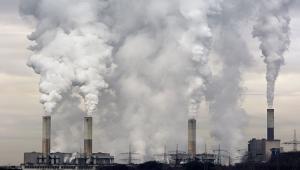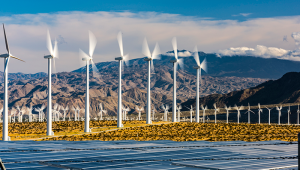The revelations cast doubt on G20 countries’ commitments to plans to limit the effects of climate change to a temperature rise of 2°C. This would require at least three quarters of the world’s existing reserves of oil, gas and coal to stay in the ground.
The figures are detailed in a report by the UK’s Overseas Development Institute and advocacy organisation Oil Change International. The authors wrote: “By providing subsidies for fossil fuel production the G20 countries are creating a ‘lose-lose’ scenario.
“They are pouring large amounts of finance into uneconomic, high-carbon assets that cannot be exploited without driving the planet far beyond the internationally agreed target. At the same time, they are diverting investment from economic low-carbon alternatives.”
The ODI suggested the level of government support amounts to a bailout for an increasingly unprofitable fossil fuel industry. Directing public resources towards sectors with rising emissions and falling returns represents a “double folly”, the think-tank said.
Russia was by far the worst offender, with an average of $23bn annual subsidies for fossil fuel production in both 2013 and 2014. This did not include investment and public finance provided by majority state-owned enterprises (SOEs).
The US provided more than $20bn on average each year, while the UK was the only G20 country to provide an average of $9bn each year while simultaneously cutting back on support for renewable energy investments. The UK is the only G7 country the report sees as significantly ramping up support for the industry in 2015.
Australia and Brazil provided national subsidies of $5bn on average annually, and China $3bn. This doesn’t include investment by SOEs, however, which represent a major form of support for fossil fuel production. The report said investments by SOEs in China amounted to $77bn each year.
According to International Energy Agency estimates, the G20 provided four times more fossil fuel subsidies over the two years than were provided for renewable energy globally in 2013.
Support was also provided for fossil fuel production and in the form of tax breaks for the industry.
Stephen Kretzmann, director of Oil Change International, said: “Continuing to fund the fossil fuel industry is like accelerating towards a wall that we can clearly see. G20 leaders need to slow down and turn us around before we hit climate disaster.”













